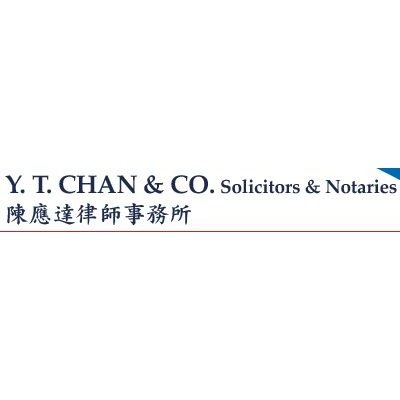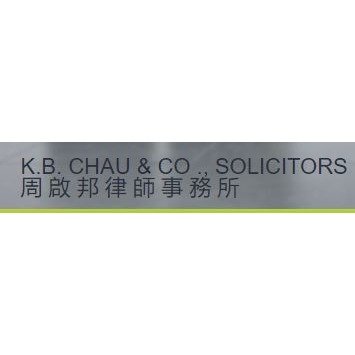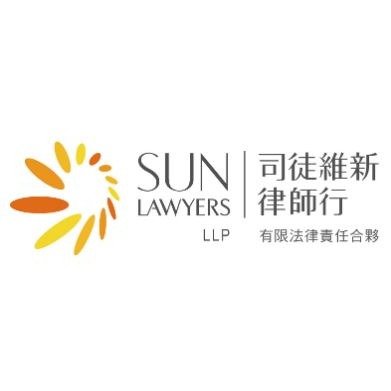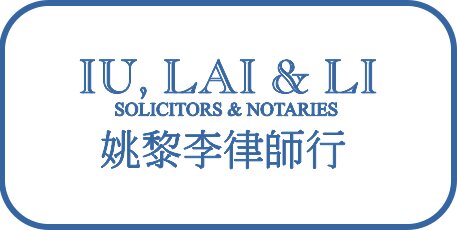Best Conveyancing Lawyers in Admiralty
Share your needs with us, get contacted by law firms.
Free. Takes 2 min.
Free Guide to Hiring a Real Estate Lawyer
List of the best lawyers in Admiralty, Hong Kong
About Conveyancing Law in Admiralty, Hong Kong
Conveyancing is the legal process of transferring ownership of real estate from one party to another. In Admiralty, Hong Kong, conveyancing plays a crucial role in any property transaction, whether you are buying, selling, or leasing real estate. Due to Hong Kong’s unique legal system, which is based on English common law principles with local modifications, conveyancing procedures must be carefully followed to ensure the transfer is legally valid and risk-free. Admiralty, being a major business and residential district, often involves high-value property transactions, making proper conveyancing advice especially important for both individuals and businesses.
Why You May Need a Lawyer
There are many situations in which engaging a qualified conveyancing lawyer in Admiralty, Hong Kong, is essential. Common scenarios include purchasing a home or commercial unit, selling property, handling the transfer of title in inheritance or divorce proceedings, resolving disputes over boundaries or ownership, and navigating mortgage agreements. Lawyers assist in preparing and reviewing legal documents, ensuring compliance with statutory requirements, conducting searches on the property’s legal history, and safeguarding your rights throughout the transaction. Professional advice can also help avoid costly pitfalls such as defective title, undisclosed encumbrances, or breach of contract.
Local Laws Overview
Hong Kong conveyancing law is largely governed by the Conveyancing and Property Ordinance (Cap. 219), the Land Registration Ordinance (Cap. 128), and the Land Titles Ordinance (Cap. 585) for newly registered properties. The process generally involves the drafting and signing of a provisional agreement for sale and purchase, followed by a formal agreement and completion. All property transfers must be registered with the Land Registry to be legally effective. Stamp Duty, payable under the Stamp Duty Ordinance (Cap. 117), is a significant consideration and rates vary depending on the value and type of transaction. Cross-checking for restrictions, outstanding mortgages, and government leases is also necessary. Stringent anti-money laundering and know-your-client regulations apply, requiring full identity verification and disclosure throughout the process in Admiralty and all of Hong Kong.
Frequently Asked Questions
What is conveyancing?
Conveyancing refers to the legal process of transferring real estate ownership from one person to another, usually involving the preparation, execution, and registration of relevant legal documents.
Do I need a lawyer for conveyancing in Admiralty, Hong Kong?
While it is technically possible to handle some steps yourself, Hong Kong’s legal requirements are complex and most transactions, especially high-value ones in Admiralty, require a qualified solicitor to safeguard your interests and ensure compliance.
What are the main steps in the conveyancing process?
Typically, the process involves negotiations, signing a provisional agreement, undertaking legal searches, signing a formal agreement, arranging financing, paying stamp duty, completion of the transaction, and registering the new ownership with the Land Registry.
How long does conveyancing take in Admiralty, Hong Kong?
The process usually takes about eight to twelve weeks from the signing of the initial agreement to final registration, though timing can vary depending on transaction complexity and the parties involved.
What is the role of the Land Registry?
The Land Registry is a government body that maintains all property records in Hong Kong. Registering ownership changes and other interests is essential to give legal effect and public notice of transactions.
How much is stamp duty in Hong Kong?
Stamp duty rates vary based on property value, the type of buyer, and whether the property is residential or non-residential. Rates may change, so you should consult the latest government guidelines or seek legal advice.
What searches are conducted during conveyancing?
Your lawyer will search the Land Registry for ownership details and encumbrances, check government lease conditions, look for management or building orders, and verify any outstanding mortgages or legal actions affecting the property.
Can foreigners buy property in Admiralty, Hong Kong?
Yes, there are usually no legal restrictions preventing foreigners from purchasing property in Hong Kong, including Admiralty. However, buyers should be aware of additional requirements or taxes which may apply to non-residents.
What happens if there is a problem with the property title?
Title defects can lead to significant legal and financial issues. Your conveyancing lawyer is responsible for identifying these risks and resolving them before the transaction is completed. If unresolved, you may need to renegotiate terms or even withdraw from the deal.
What are provisional and formal agreements?
A provisional agreement is a preliminary binding contract outlining the offer terms, typically signed as soon as a deal is reached. The formal agreement, drafted by lawyers, provides full details and replaces the provisional version shortly thereafter.
Additional Resources
For more information or assistance with conveyancing in Admiralty, Hong Kong, consider consulting the following resources:
- The Law Society of Hong Kong: Maintains a list of registered solicitors and law firms. - The Land Registry: Handles all matters relating to property registration. - Inland Revenue Department: For up-to-date information on stamp duty. - Hong Kong Association of Banks: For queries related to mortgage arrangements. - Consumer Council: Offers general advice and assistance on property transactions.
Next Steps
If you require legal assistance with conveyancing in Admiralty, it is recommended to:
- Gather all relevant documents, such as your identification, proof of funds, and details of the property. - Contact a qualified conveyancing solicitor with experience in Admiralty property transactions. - Discuss your requirements and ensure full transparency regarding your intentions and any potential complications. - Request a clear outline of costs and timelines before proceeding. - Keep lines of communication open with your lawyer to stay informed about every stage of the process.
Taking these actions early can help ensure a smooth, legally sound, and successful property transaction in Admiralty, Hong Kong.
Lawzana helps you find the best lawyers and law firms in Admiralty through a curated and pre-screened list of qualified legal professionals. Our platform offers rankings and detailed profiles of attorneys and law firms, allowing you to compare based on practice areas, including Conveyancing, experience, and client feedback.
Each profile includes a description of the firm's areas of practice, client reviews, team members and partners, year of establishment, spoken languages, office locations, contact information, social media presence, and any published articles or resources. Most firms on our platform speak English and are experienced in both local and international legal matters.
Get a quote from top-rated law firms in Admiralty, Hong Kong — quickly, securely, and without unnecessary hassle.
Disclaimer:
The information provided on this page is for general informational purposes only and does not constitute legal advice. While we strive to ensure the accuracy and relevance of the content, legal information may change over time, and interpretations of the law can vary. You should always consult with a qualified legal professional for advice specific to your situation.
We disclaim all liability for actions taken or not taken based on the content of this page. If you believe any information is incorrect or outdated, please contact us, and we will review and update it where appropriate.
















